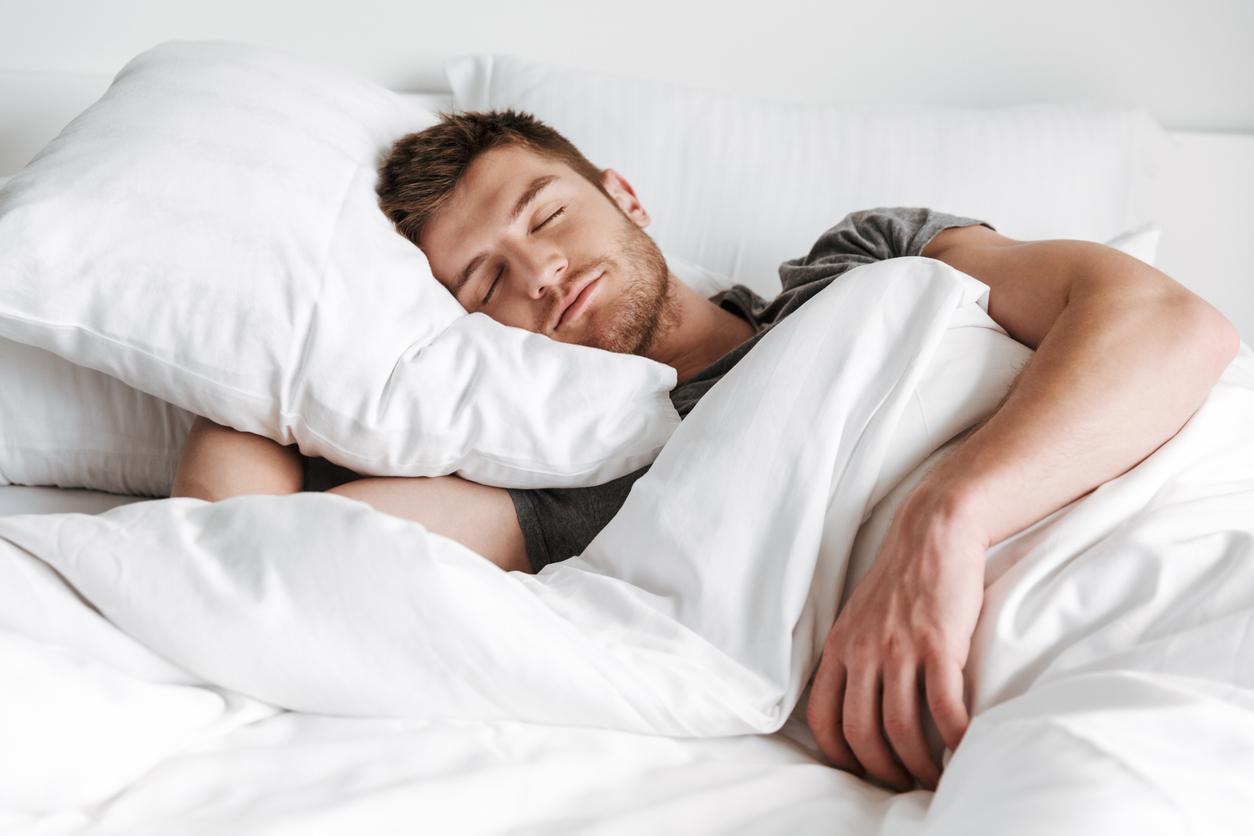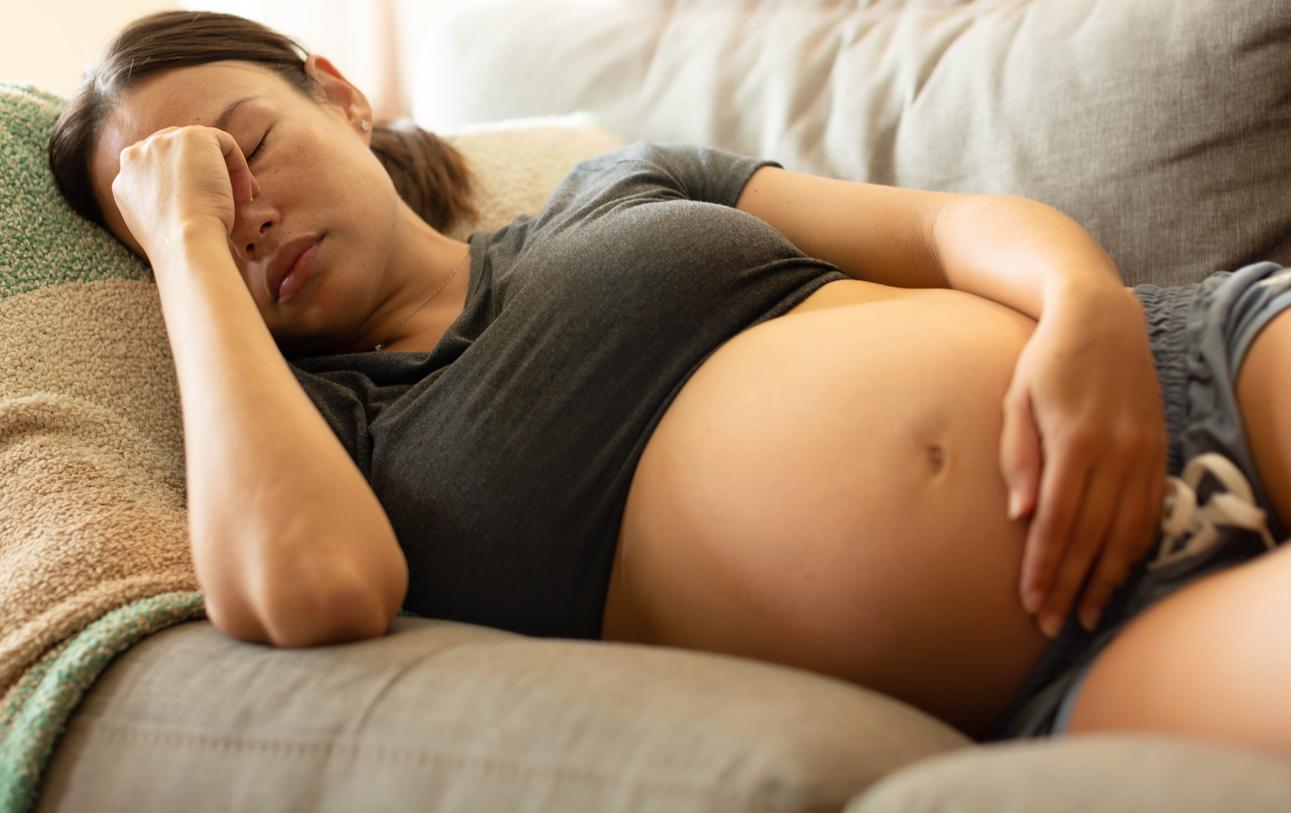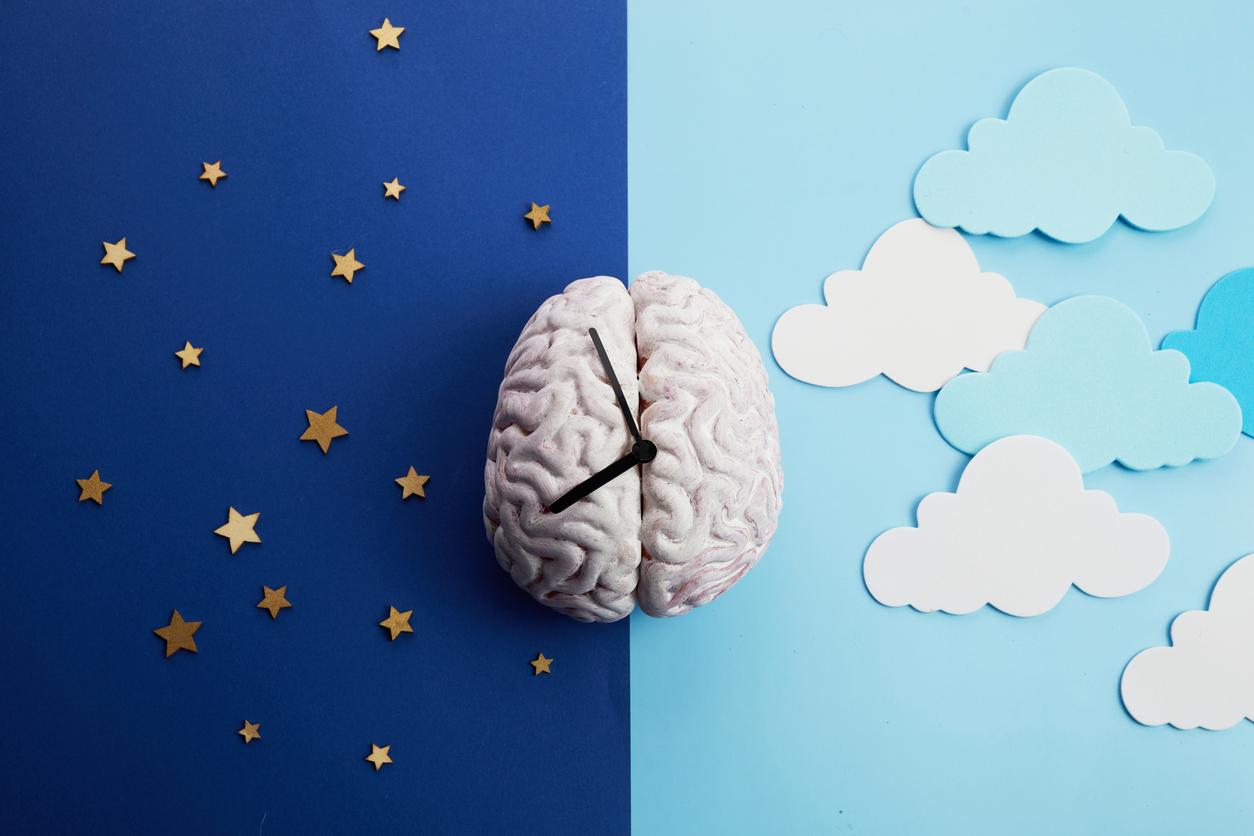Vacationers expect a good night’s sleep as a priority from their vacation. How long is a good night’s sleep? The doctor responds with several numbers.

In theory, a good night lasts between 6 and 9 hours. It is impossible to give a more precise range as the needs vary from one individual to another. There are short sleepers: the record must be without sequelae, less than 3 hours per day on average per night; our president is part of this club! But at the end of the night, there are also the long sleepers, some of whom need almost a turn of the clock to feel up to speed. This is an injustice that we do not yet know how to repair.
The only change is the fact of age: at birth, baby sleeps almost 19 hours a day; at 1 year, 2 p.m.; at 10 years, 9 or 10 hours. In adulthood, the figure to remember is 6 to 9 hours on average.
Finally, the older we get, the less we sleep. This is not always easy to accept, hence the use of many drugs which have then, it must be repeated, no justification and are even rather dangerous by the habits they arouse.
In fact, what can give the feeling of bad sleep is the number of nocturnal awakenings. From the age of 30, they are essential; we suffer about twenty a night. In the vast majority of cases, these awakenings are unconscious and leave no memory. If, on the other hand, these micro-awakenings each last more than a minute, therefore a total of more than 20 minutes per night, it is at this moment that one will have the feeling of having slept badly.
A good night’s sleep is also a time to fall asleep that does not exceed 20 minutes. The transition from wakefulness to sleep has long remained a mystery. We know today that everything is under the control of the nervous center influenced by the secretion of chemical substances by our body. The night/day rhythm has only a discreet role, since experiments carried out with volunteers in caves protected from natural light show that our internal clock is not set to 24 hours, but rather to 25, or even 26. , and it is therefore social constraints that impose the particular night/day rhythm on us. Constraints which should be reduced during the holidays to increase the feeling of rest.

















